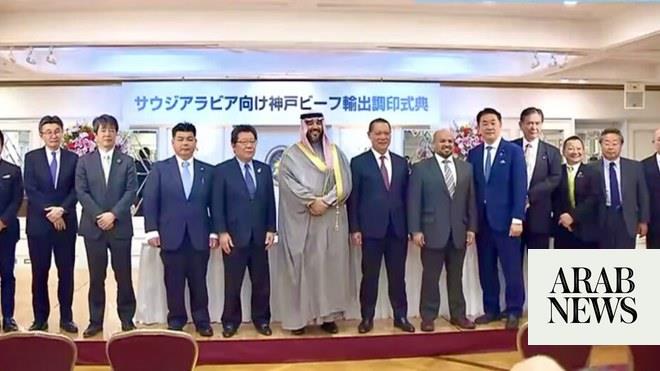
JEDDAH: Saudi Arabia has approved a plan allowing licensed flour mills to export surplus production to international markets, provided local supply remains secure.
The General Food Security Authority issued the approval, requiring mills to repay the full value of the wheat subsidies provided by the government for the quantities they intend to export, the Saudi Press Agency reported.
Ahmed bin Abdulaziz Al-Faris, governor of the GFSA, emphasized that this decision aligns with Saudi Arabia’s Vision 2030, which supports national industries and fosters competition based on high product quality.
Under Article 14 of the Kingdom’s Wheat Flour Production Law, issued in 2018, flour mills are prohibited from exporting wheat, flour, or derived products without prior approval from the relevant authority. Mills must repay the subsidy granted for these products intended for export. Additionally, exports must not disrupt the local supply of these products.
Saudi Arabia has developed a strategic plan for its agricultural sector, focusing on sustainability, food security, and welfare for farmers, as well as economic contributions and preventative measures.
Despite its desert climate and limited water resources, the Kingdom’s national policies address critical issues such as food and water security, sustainable agricultural development, and ecological balance.
These efforts reflect Saudi Arabia’s commitment to enhancing agricultural productivity while ensuring the responsible management of its natural resources.
In 2023, Saudi Arabia’s grain production reached 1.75 million tonnes, harvested from 323,000 hectares of a total of 331,000 hectares planted, according to the figures released by the General Authority for Statistics.
Wheat was the leading crop, accounting for 63.4 percent of the total area, with production reaching 1.314 million tonnes.
Formerly known as the Saudi Grains Organization, the GFSA plays an important role in driving economic development and meeting the food needs of Saudi citizens.
Established in 1972, the GFSA was created as part of the government’s efforts to ensure national development. Its objectives include establishing and operating flour mills, production facilities, and animal feed factories, as well as developing complementary food industries.
The authority is also responsible for marketing products, purchasing grains, and maintaining an adequate reserve stock for emergencies, in line with the government’s political-agricultural policy.












